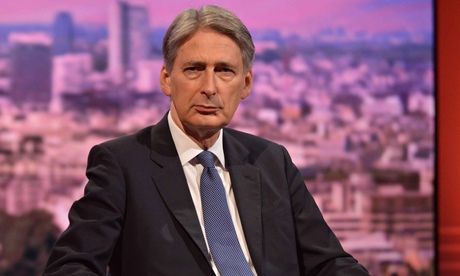Britain, Germany and France have agreed that the European Union must "reconsider its approach to Russia" in the light of the shooting down of Malaysia Airlines flight MH17, Downing Street has said.
A spokesman for David Cameron said the prime minister agreed the need for a more robust stance towards Moscow in separate conversations on Sunday morning with Angela Merkel, the German chancellor, and François Hollande, the French president.
Cameron is scheduled to speak to Vladimir Putin, the Russian president, on Sunday evening, and he is expected to make a statement on the crisis in the House of Commons on Monday.
After the conversations with Merkel and Hollande, a spokesman for Cameron said: "All three leaders agreed that the immediate priority is to secure access to the crash site and to ensure that specialist teams are able to recover the victims and return them home.
"They agreed President Putin has an important role to play by persuading the separatists to grant access and to work with the international community to ensure that all that needs to be done can be done as soon as possible.
"They also agreed that the EU must reconsider its approach to Russia and that foreign ministers should be ready to impose further sanctions on Russia when they meet on Tuesday."
Earlier Philip Hammond, the new foreign secretary, said Russia was at risk of being seen as a "pariah state" because of the role it was playing in relation to MH17. In interviews with the BBC's Andrew Marr and Sky's Dermot Murnaghan, Hammond, who has only been in post since the cabinet reshuffle on Tuesday, said this was a "decision point" for Russia.
"Russia likes to paint this as a dispute between it and the EU or it and the west. This is about Russia and the entire international community and Russia risks becoming a pariah state if it does not behave properly."
Hammond said that, although it was not possible to be "absolutely categoric", all the evidence pointed to the missile that brought down the plane being fired by Russian-backed separatists.
"And the Russians have influence, if not direct control, over these people. They have been supplying them. They have been supporting them. They have been providing them with succour. They cannot deny their responsibility for the acts that these people are carrying out," Hammond said.
He said that "at the very least" the rebels would have needed training to use such a complex piece of equipment.
Russia should cooperate fully with the investigation, Hammond said. But, he added, that was not happening at this stage. "What we are seeing from the Russians is obfuscation and obstruction at the moment," Hammond said.
"The Russians will have probably more information about this incident than anyone. They are very close by, this is only a few miles from the Russian border, they have got lots of military planes in the area, they are saying nothing.
"What we need is full Russian cooperation. Any evidence they control needs to be turned over to the international investigators. They must use their influence to allow international access to the site, and to secure the evidence and to secure respect for the bodies and the possessions of the victims.
"There is one party in the world who clearly has the ability to snap his fingers and it would be done, and that's Vladimir Putin and, for all the fine words we are hearing from Moscow, it hasn't happened."
Hammond said Britain and Australia were taking the lead in trying to get the UN security council to agree a resolution on Monday demanding that investigators get proper access to the site and that the bodies were treated with respect.
He also said that, unless Russia "radically changed its position", EU foreign ministers would push for tougher sanctions against Russia at a meeting on Tuesday.
"We have been very forward-leaning in the argument around sanctions against Russia for its illegal annexation of Crimea, for its destabilisation of Ukraine. Some of our European allies have been less enthusiastic," Hammond said.
"I hope that the shock of this incident will see them now more engaged, more willing to take the actions which are necessary to bring home to the Russians that when you do this kind of thing it has consequences and they are lasting consequences."
In an article in the Sunday Times, Cameron said: "If President Putin does not change his approach on Ukraine, then Europe and the west must fundamentally change our approach to Russia."
Other EU countries had been unwilling to confront Russia, Cameron said. Without naming countries, he said some other EU members were "more anxious to make this a problem to be managed and contained, not a challenge to be met and mastered".











